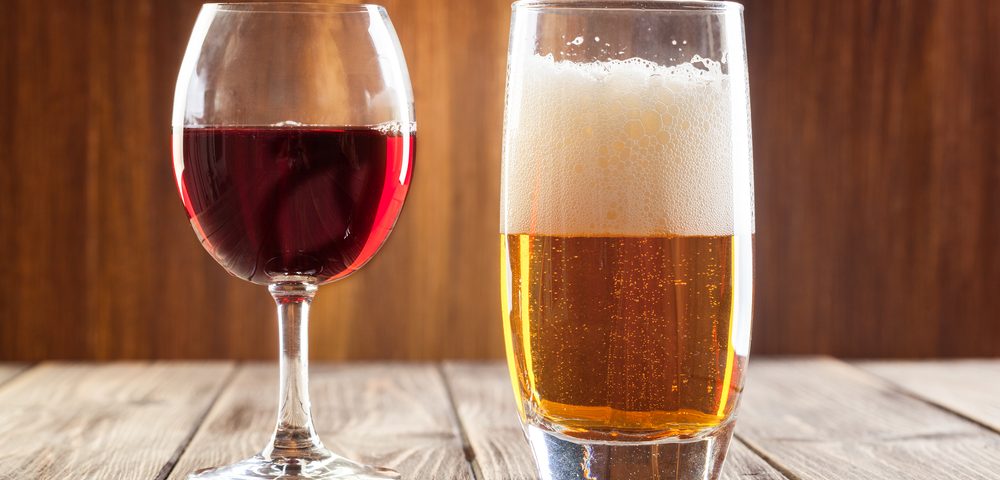Just one alcohol-containing beverage a day — less than a standard drink — is sufficient to increase a woman’s risk of breast cancer, according to a new report by the American Institute for Cancer Research (AICR) and the World Cancer Research Fund (WCRF).
The report offered some good news too, however. Vigorous exercise and certain types of food reduce the risk of cancer in both pre- and postmenopausal women.
“It can be confusing with single studies when the findings get swept back and forth,” Dr. Anne McTiernan, a lead author of the report and a cancer prevention expert at Seattle’s Fred Hutchinson Cancer Research Center, said in a press release. “With this comprehensive and up-to-date report, the evidence is clear: Having a physically active lifestyle, maintaining a healthy weight throughout life and limiting alcohol – these are all steps women can take to lower their risk.”
The report “Diet, Nutrition, Physical Activity and Breast Cancer,” gathered published evidence of how these factors affect breast cancer. The data comprised 119 studies, including data from 12 million women, 260,000 of which had breast cancer.
Data analyses revealed that a small drink of wine or beer — containing about 10 grams of alcohol — increased the risk of breast cancer by 5 percent in pre-menopausal, and by 9 percent in post-menopausal women. This amount of alcohol is lower than that of a U.S. standard drink, which contains 14 grams of alcohol.
Other identified risk factors were being overweight or obese, which the report showed increases post-menopausal breast cancer risk. A larger weight gain in adult years, likewise, predicted an increased post-menopausal risk. Breast cancer most commonly develops after menopause. On the other hand, breastfeeding protects against cancer.
Yet women can modify many of these known risk factors — specifically those related to diet and exercise.
Vigorous physical activity, it showed, lowers breast cancer risk by 17 percent in pre-menopausal and by 10 percent in post-menopausal women. Moderate physical activity — such as walking and gardening — reduced breast cancer risk by 13 percent when compared to the least active women.
Some evidence suggests that non-starchy vegetables lower the risk of estrogen-receptor (ER)-negative breast cancer, while dairy products, calcium-rich foods and foods containing carotenoids — such as carrots, apricots, spinach, and kale — apparently help lower the risk of some breast cancer types as well. The evidence in favor of certain foods was, however, not as strong as evidence linked to alcohol and exercise, and more research is needed to confirm the study.
“The findings indicate that women may get some benefit from including more non-starchy vegetables with high variety, including foods that contain carotenoids,” said McTiernan. “That can also help avoid the common one to two pounds women are gaining every year, which is key for lowering cancer risk.”
Alice Bender, the AICR’s head of nutrition program, said the good news is that all women can lower their risk of breast cancer.
“Wherever you are with physical activity, try to nudge it up a bit, either a little longer or a little harder,” she said. “Make simple food shifts to boost protection — substitute veggies like carrots, bell peppers or green salad for chips and crackers and if you drink alcohol, stick to a single drink or less. There are no guarantees when it comes to cancer, but it’s empowering to know you can do something to lower your risk.”

